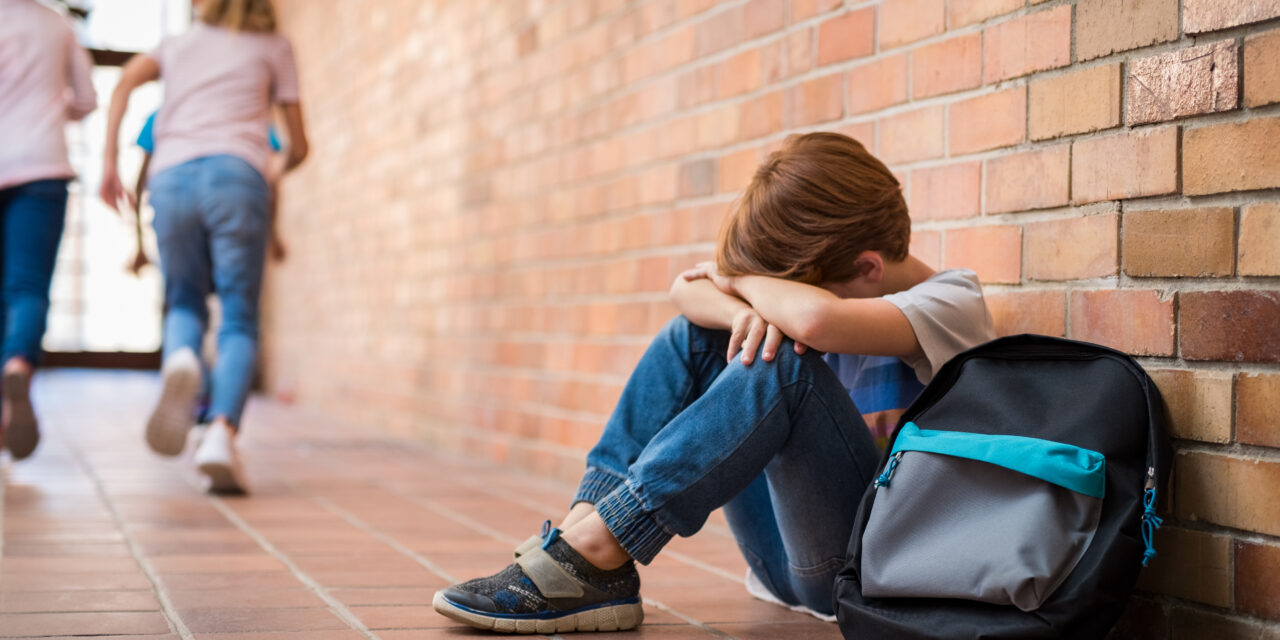I recently discovered that my son has been giving his toys away to kids at school to try to “buy” friendship. I found some toys in his backpack and when I asked him about it, he came clean and told me that the kids in his class tell him that if he wants to hang out with him, he has to bring them toys. I know that some of these kids don’t have as much as we do and my son really just wants to feel accepted by his classmates. What can I tell him about why this behavior is not appropriate and what he should do instead?
What a tricky situation.
Unfortunately I don’t know how old your son is but I will try to give a general perspective that might be helpful.
I think there needs to be quite a considerable amount of discussion here about the basics of friendship.
- What is friendship?
- What makes someone a friend?
- What makes someone a good friend?
- What qualities does a good friend have?
- What are some things your child has seen other children do that are not friendly?
- What can your child do when he sees these things happen, or when they happen to him?
Explain that friendship isn’t something that is exchanged for toys or gifts.
Friendship is about mutual trust, respect, and enjoyment; people who spend time together because it feels good to them both to do so. Friendship might involve sharing toys or snacks, but it doesn’t involve giving our things to someone else when that doesn’t feel good to us. Your child may choose to share his toys, but he should never have to give something that is his away to secure “friendships.”
Read books about friendship. Read books about bullying.
Without knowing your child’s age I can’t make specific recommendations here, but read together and pull out themes that you notice. Talk about what you read. Watch tv shows together and talk about what you notice in the relationships. Point out kindness. Do this in real life, too. Consciously notice kind behaviour together, commentate on prosocial behavior in parks and on play dates. Talk about what you notice when another child is not kind, or behaves in ways that are not friendly. Support your child to problem solve what they could do if they found themselves in that situation.
Then I would support your child to identify friendships that feel good to them, and work on nurturing those.
Is there a particular child who has the qualities of a good friend that you could invite to your house for a playdate? Are there children in school that your child could play with instead of the children who are taking advantage of your son’s generosity?
Finally, I would speak to the school and work together on ways to address the themes of friendship with the class as a whole. They may wish to explore the Circle of Friends Model. I hope this helps.

















